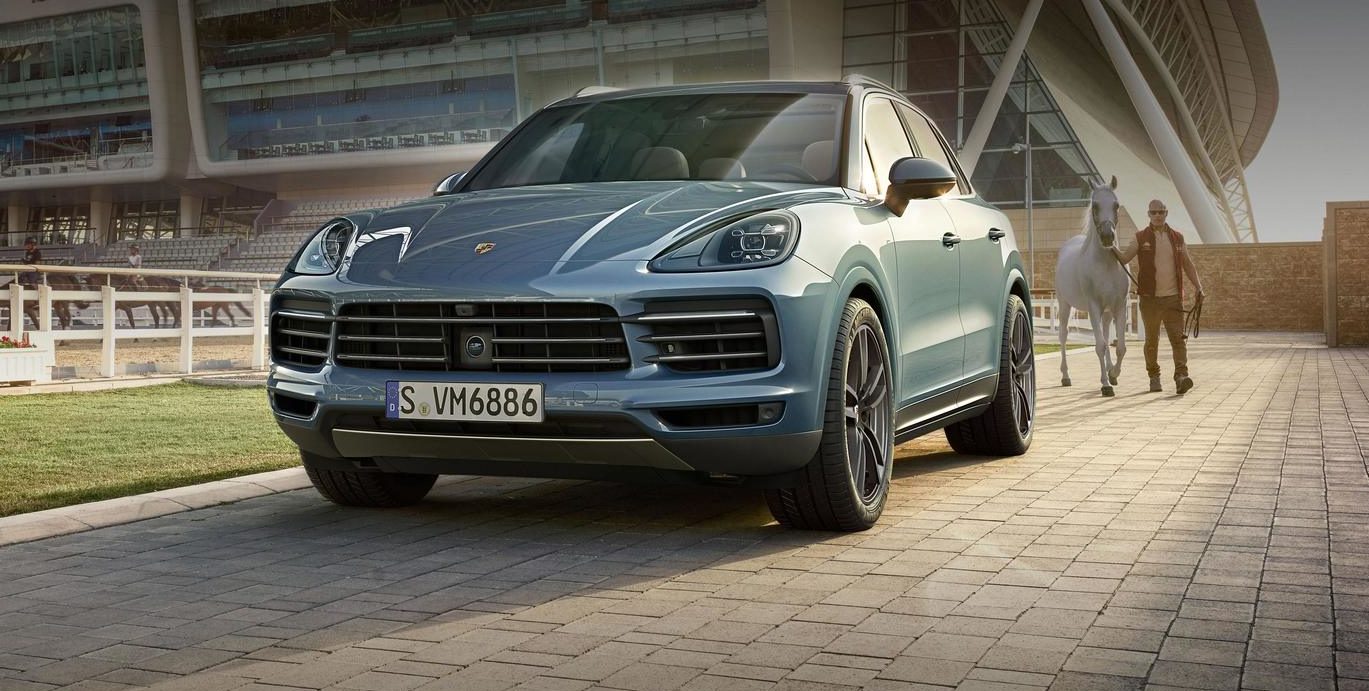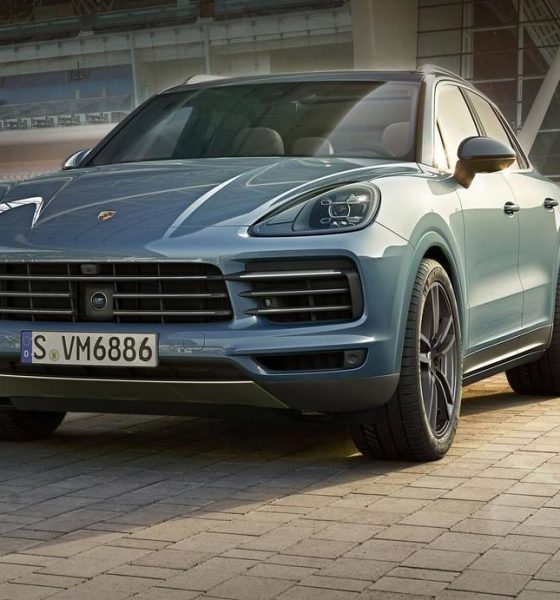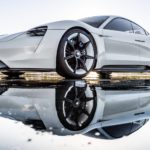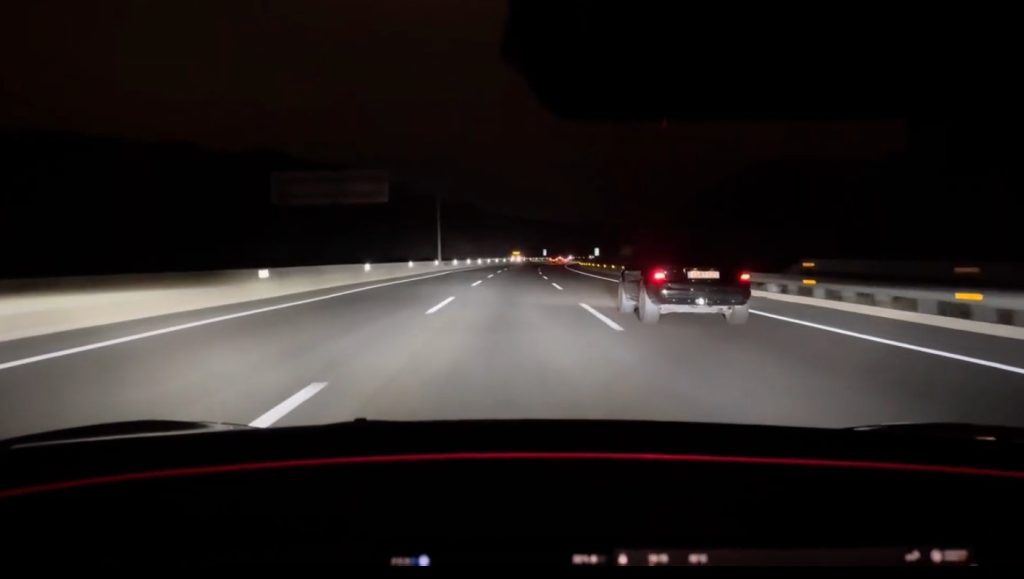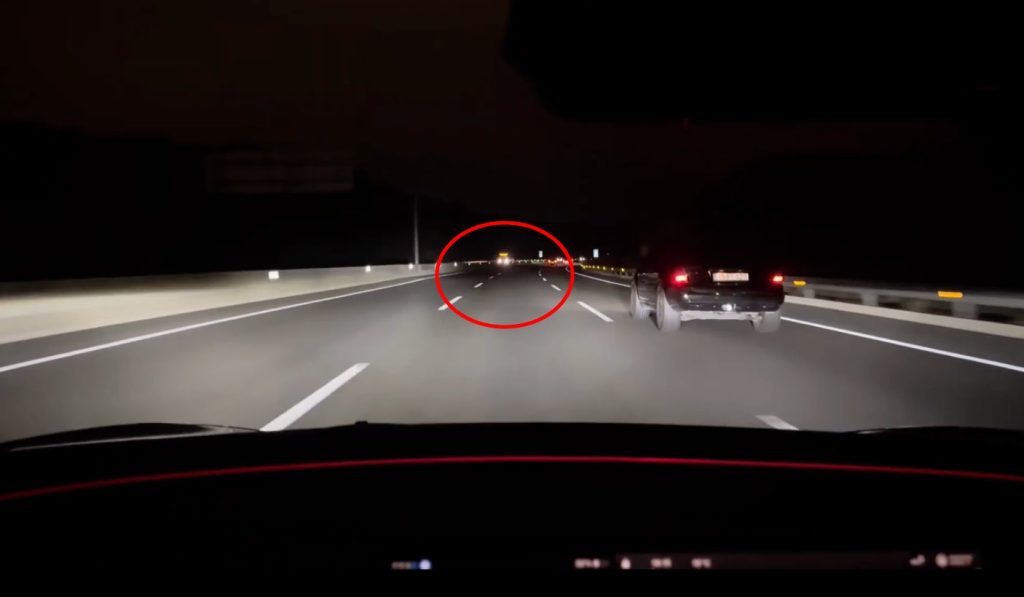With companies like Tesla opening the path for other carmakers to make the jump towards full electrification, several noteworthy electric vehicles from the auto industry’s prominent players are expected to be released in the next few years. Among these is a vehicle that Porsche is working on — an all-electric SUV aimed at competing with the likes of the Tesla Model X and Jaguar I-PACE.
Porsche already has electric cars in its pipeline. This year, the company expects to release the Taycan, a premium high-performance sedan that will compete in the same market as the Tesla Model S. The Taycan would not be Porsche’s only electric car for long, though, as CEO Olliver Blume noted that the company had already greenlighted the production of the Mission E Cross Turismo. The Cross Turismo is based on the Taycan, though the vehicle is configured with higher ground clearance and wheels that can handle unpaved roads.
As noted by UK-based WhatCar though, Porsche is also looking to release another all-electric SUV around 2022. Just like the Taycan, the yet-to-be-named vehicle is expected to be equipped with two electric motors that produce at least 400 bhp. Other details of the vehicle are still scarce at this point, though speculations point to the SUV having a real-world range of at least 250 miles per charge.
The Porsche Mission E Cross Turismo and the Taycan. (Photo: Porsche)
While not as robust as the range of competitors like the Tesla Model X, Porsche’s upcoming electric SUV would likely be capable of ultra-fast charging, which would enable the vehicle to charge its batteries very quickly. This would also be a notable edge against competitors like the Jaguar I-PACE, which does not have support from a network of Superchargers like Tesla’s, or Porsche’s upcoming 350 KW stations.
The upcoming SUV is currently speculated to be an electric powered successor to the Porsche Macan. As such, the vehicle would definitely be larger than the Taycan and the Mission E Cross Turismo, both of which are based on the same platform. Thanks to the vehicle’s all-electric construction and design, though, the upcoming SUV is expected to offer space and storage similar to the larger Porsche Cayenne, despite being more similar in size to the smaller Macan.

What is rather interesting is that the vehicle would most likely be the start of yet another line of electric cars from the veteran carmaker. Similar to how the Taycan could be the basis of more EVs, the upcoming electric SUV would likely be the start of a whole new family of vehicles as well.
Porsche is arguably the most serious among the industry’s legacy automakers when it comes to the adoption of electric mobility. In an announcement last year, for one, the German company announced that it is discontinuing its entire diesel lineup. Instead, the company is pushing for full electrification, with Porsche stating that by 2025, half its offerings would either be hybrids or all-electric cars. In a statement to CNN Money, Blume explained that while Porsche is not in any way “demonizing” diesel, the company has decided to forego the fuel nonetheless.
“(Diesel) is, and will remain, an important propulsion technology. We as a sports car manufacturer, however, for whom diesel has always played a secondary role, have come to the conclusion that we would like our future to be diesel-free,” the Porsche CEO said.

News
Tesla to improve one of its best features, coding shows
According to the update, Tesla will work on improving the headlights when coming into contact with highly reflective objects, including road signs, traffic signs, and street lights. Additionally, pixel-level dimming will happen in two stages, whereas it currently performs with just one, meaning on or off.
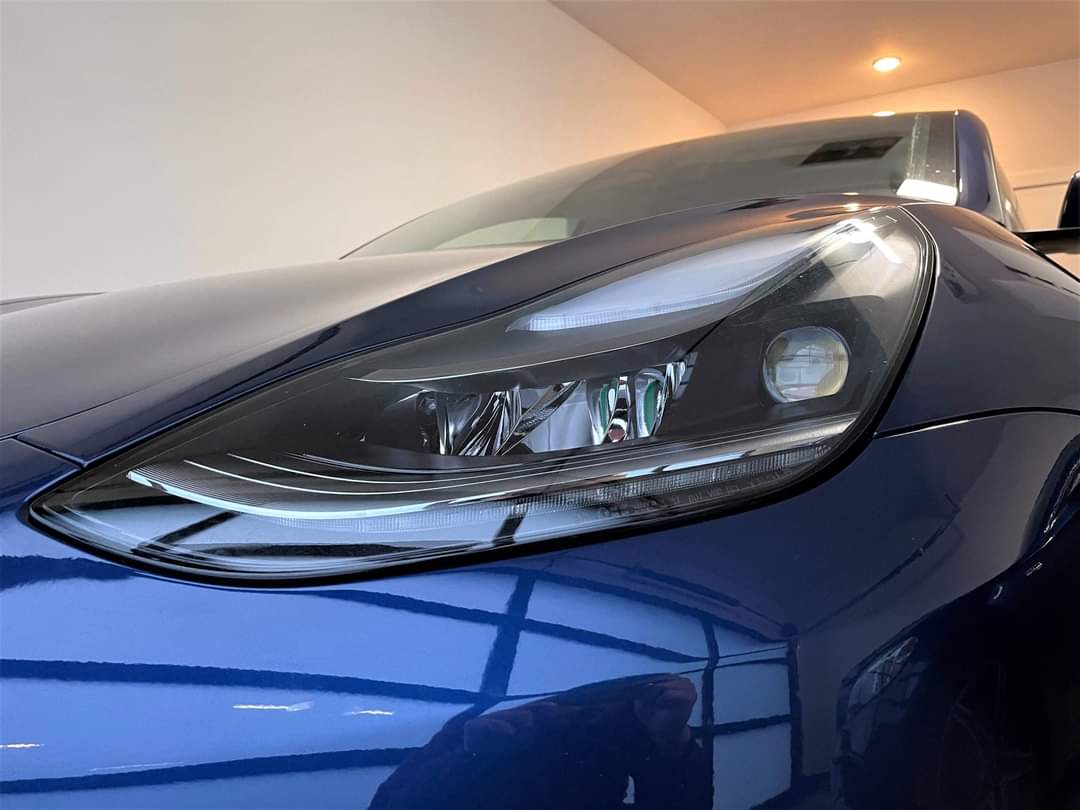
Tesla is looking to upgrade its Matrix Headlights, a unique and high-tech feature that is available on several of its vehicles. The headlights aim to maximize visibility for Tesla drivers while being considerate of oncoming traffic.
The Matrix Headlights Tesla offers utilize dimming of individual light pixels to ensure that visibility stays high for those behind the wheel, while also being considerate of other cars by decreasing the brightness in areas where other cars are traveling.
Here’s what they look like in action:
- Credit: u/ObjectiveScratch | Reddit
- Credit: u/ObjectiveScratch | Reddit
As you can see, the Matrix headlight system intentionally dims the area where oncoming cars would be impacted by high beams. This keeps visibility at a maximum for everyone on the road, including those who could be hit with bright lights in their eyes.
There are still a handful of complaints from owners, however, but Tesla appears to be looking to resolve these with the coming updates in a Software Version that is currently labeled 2026.2.xxx. The coding was spotted by X user BERKANT:
🚨 Tesla is quietly upgrading Matrix headlights.
Software https://t.co/pXEklQiXSq reveals a hidden feature:
matrix_two_stage_reflection_dip
This is a major step beyond current adaptive high beams.
What it means:
• The car detects highly reflective objects
Road signs,… pic.twitter.com/m5UpQJFA2n— BERKANT (@Tesla_NL_TR) February 24, 2026
According to the update, Tesla will work on improving the headlights when coming into contact with highly reflective objects, including road signs, traffic signs, and street lights. Additionally, pixel-level dimming will happen in two stages, whereas it currently performs with just one, meaning on or off.
Finally, the new system will prevent the high beams from glaring back at the driver. The system is made to dim when it recognizes oncoming cars, but not necessarily objects that could produce glaring issues back at the driver.
Tesla’s revolutionary Matrix headlights are coming to the U.S.
This upgrade is software-focused, so there will not need to be any physical changes or upgrades made to Tesla vehicles that utilize the Matrix headlights currently.
Elon Musk
xAI’s Grok approved for Pentagon classified systems: report
Under the agreement, Grok can be deployed in systems handling classified intelligence analysis, weapons development, and battlefield operations.

Elon Musk’s xAI has signed an agreement with the United States Department of Defense (DoD) to allow Grok to be used in classified military systems.
Previously, Anthropic’s Claude had been the only AI system approved for the most sensitive military work, but a dispute over usage safeguards has reportedly prompted the Pentagon to broaden its options, as noted in a report from Axios.
Under the agreement, Grok can be deployed in systems handling classified intelligence analysis, weapons development, and battlefield operations.
The publication reported that xAI agreed to the Pentagon’s requirement that its technology be usable for “all lawful purposes,” a standard Anthropic has reportedly resisted due to alleged ethical restrictions tied to mass surveillance and autonomous weapons use.
Defense Secretary Pete Hegseth is scheduled to meet with Anthropic CEO Dario Amodei in what sources expect to be a tense meeting, with the publication hinting that the Pentagon could designate Anthropic a “supply chain risk” if the company does not lift its safeguards.
Axios stated that replacing Claude fully might be technically challenging even if xAI or other alternative AI systems take its place. That being said, other AI systems are already in use by the DoD.
Grok already operates in the Pentagon’s unclassified systems alongside Google’s Gemini and OpenAI’s ChatGPT. Google is reportedly close to an agreement that will result in Gemini being used for classified use, while OpenAI’s progress toward classified deployment is described as slower but still feasible.
The publication noted that the Pentagon continues talks with several AI companies as it prepares for potential changes in classified AI sourcing.
Elon Musk
Elon Musk denies Starlink’s price cuts are due to Amazon Kuiper
“This has nothing to do with Kuiper, we’re just trying to make Starlink more affordable to a broader audience,” Musk wrote in a post on X.

Elon Musk has pushed back on claims that Starlink’s recent price reductions are tied to Amazon’s Kuiper project.
In a post on X, Musk responded directly to a report suggesting that Starlink was cutting prices and offering free hardware to partners ahead of a planned IPO and increased competition from Kuiper.
“This has nothing to do with Kuiper, we’re just trying to make Starlink more affordable to a broader audience,” Musk wrote in a post on X. “The lower the cost, the more Starlink can be used by people who don’t have much money, especially in the developing world.”
The speculation originated from a post summarizing a report from The Information, which ran with the headline “SpaceX’s Starlink Makes Land Grab as Amazon Threat Looms.” The report stated that SpaceX is aggressively cutting prices and giving free hardware to distribution partners, which was interpreted as a reaction to Amazon’s Kuiper’s upcoming rollout and possible IPO.
In a way, Musk’s comments could be quite accurate considering Starlink’s current scale. The constellation currently has more than 9,700 satellites in operation today, making it by far the largest satellite broadband network in operation. It has also managed to grow its user base to 10 million active customers across more than 150 countries worldwide.
Amazon’s Kuiper, by comparison, has launched approximately 211 satellites to date, as per data from SatelliteMap.Space, some of which were launched by SpaceX’s Falcon 9 rocket. Starlink surpassed that number in early January 2020, during the early buildout of its first-generation network.
Lower pricing also aligns with Starlink’s broader expansion strategy. SpaceX continues to deploy satellites at a rapid pace using Falcon 9, and future launches aboard Starship are expected to significantly accelerate the constellation’s growth. A larger network improves capacity and global coverage, which can support a broader customer base.
In that context, price reductions can be viewed as a way to match expanding supply with growing demand. Musk’s companies have historically used aggressive pricing strategies to drive adoption at scale, particularly when vertical integration allows costs to decline over time.
